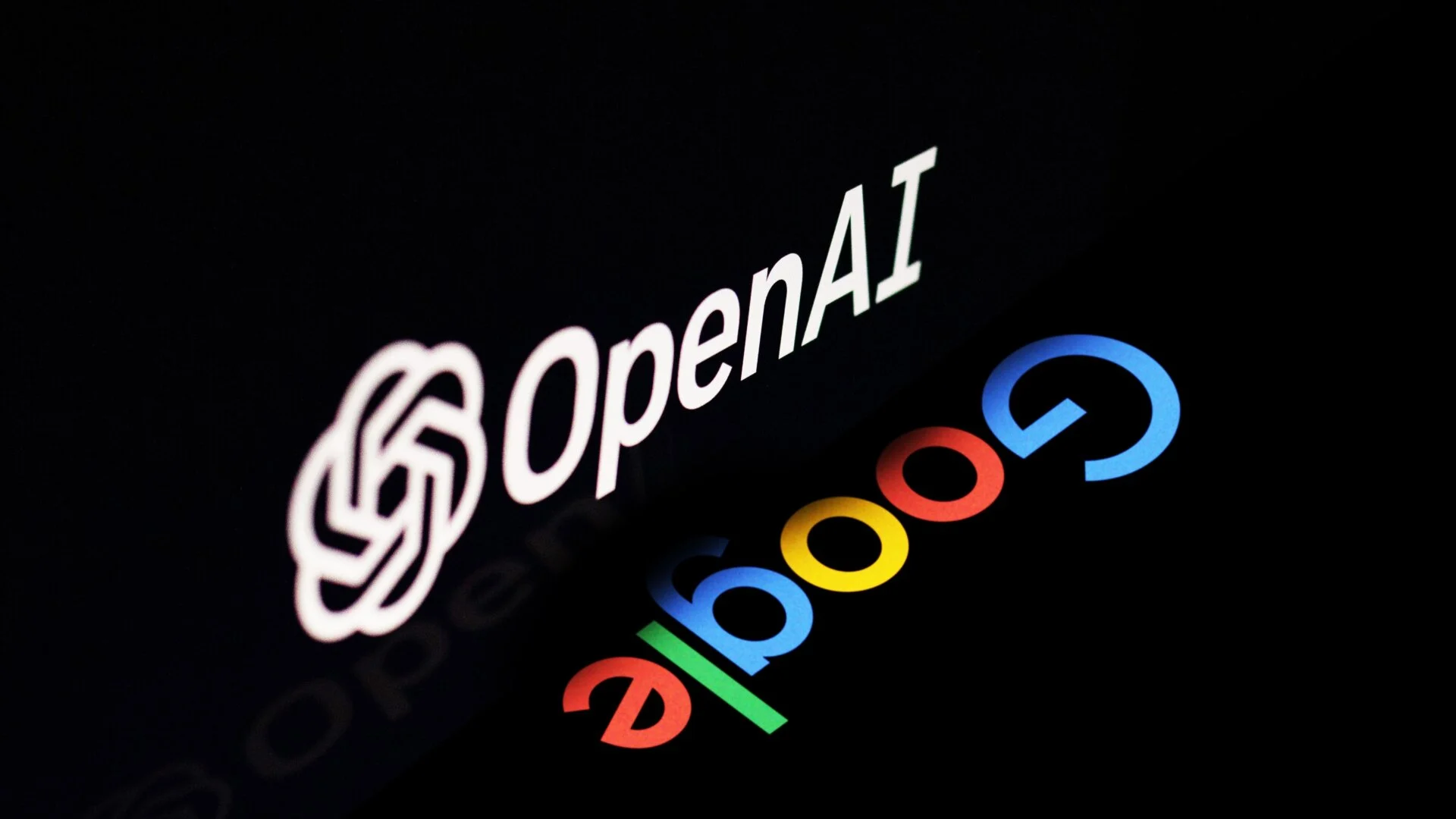In a significant move to address growing concerns over user privacy, OpenAI has eliminated a feature that allowed shared ChatGPT conversations to appear in Google search results. The decision comes after a recent report by Fast Company revealed that thousands of ChatGPT conversations were being indexed by search engines, potentially exposing sensitive information. The feature, which was introduced as a "short-lived experiment," enabled users to create shareable links to their chats, with the option to make them "discoverable" by search engines. However, this option was not as clearly understood by users as OpenAI had hoped, leading to widespread criticism and a public outcry.
The controversy surrounding the feature stems from the fact that users were not fully aware of the implications of making their chats "discoverable." When creating a public link to a chat, users were presented with a pop-up that included a checkbox to "Make this chat discoverable," with a smaller, grayer font below explaining that this would allow the chat to be shown in web searches. While this may seem straightforward, many users did not realize that by ticking this box, they were essentially making their conversations publicly accessible. As a result, sensitive information, such as personal details or confidential discussions, may have been inadvertently shared with the world.
The implications of this feature are far-reaching, and the potential consequences for users are significant. For instance, individuals who shared links to chats in messaging apps or saved them for later reference may have unintentionally exposed sensitive information to the public. Furthermore, the fact that these conversations were being indexed by search engines raises important questions about data privacy and the responsibility of tech companies to protect user information. In response to these concerns, OpenAI's chief information security officer, Dane Stuckey, initially defended the feature's labeling as "sufficiently clear." However, as the outcry grew, the company relented, announcing that it would remove the option to make chats discoverable.
The decision to eliminate this feature is a significant step forward for OpenAI, demonstrating the company's commitment to prioritizing user privacy and security. By removing the option to make chats discoverable, OpenAI is acknowledging that the feature introduced too many opportunities for users to accidentally share sensitive information. This move is likely to be welcomed by users, who will no longer have to worry about their conversations being inadvertently shared with the public. Moreover, it highlights the importance of transparency and clear communication in the development of AI technologies, ensuring that users are fully aware of the implications of their actions and can make informed decisions about their data.
As the use of AI chatbots like ChatGPT continues to grow, it is essential that tech companies prioritize user privacy and security. The elimination of the discoverability feature is a positive step in this direction, but it also highlights the need for ongoing vigilance and scrutiny of AI technologies. As these technologies become increasingly integrated into our daily lives, it is crucial that we consider the potential implications and consequences of their use. By doing so, we can ensure that AI is developed and used in ways that prioritize user well-being, security, and privacy.
In conclusion, OpenAI's decision to eliminate the discoverability feature is a significant move towards prioritizing user privacy and security. The company's willingness to listen to user concerns and adapt its technology accordingly is a positive step forward, demonstrating a commitment to responsible AI development. As we move forward in an increasingly AI-driven world, it is essential that we continue to prioritize transparency, security, and user well-being, ensuring that these technologies are developed and used in ways that benefit society as a whole.

